#Bruno Schulz
Explore tagged Tumblr posts
Text
An event may be small and insignificant in its origin, and yet, when drawn close to one’s eye, it may open in its centre an infinite and radiant perspective because a higher order of being is trying to express itself in it and irradiates it violently.
― Bruno Schulz, The Street of Crocodiles
106 notes
·
View notes
Text

Bruno Schulz - Infanta and her Dwarves, from The Idolatrous Booke (ca. 1922)
54 notes
·
View notes
Text

Bruno Schulz, from “The Book” in The Complete Fiction of Bruno Schulz
49 notes
·
View notes
Text








The Hourglass Sanatorium / Sanatorium pod klepsydrą (1973)
[letterboxd | imdb]
Director: Wojciech Has
Cinematographer: Witold Sobociński
Performer: Jan Nowicki
#1970s#1973#Wojciech Has#Witold Sobociński#Bruno Schulz#my gifs#polish film#polskie filmy#film polski#cinematography#cinema#cinemaspam#horror#horror film#world cinema#classic cinema#filmblr#film
36 notes
·
View notes
Text

Classic weird fiction reading list
A chart of recommended strange, disturbing, and unsettling books published before 1990. This is a selection from my list of over 200 works of weird literature that I published on my website.
#book recs#book recommendations#book reccs#reading list#book list#literary#literature#weird fiction#weird tales#weird books#the weird#philip k. dick#franz kafka#robert aickman#samuel r. delany#shirley jackson#h.p. lovecraft#jorge luis borges#bruno schulz#alfred kubin#leonora carrington
546 notes
·
View notes
Text

Bruno Schulz, The Street of Crocodiles
142 notes
·
View notes
Text

Bruno Schulz (Polish/Jewish, 1892–1942)
"Zabawy w parku", ca. 1920–1922
Biblioteka Jagiellońska
22 notes
·
View notes
Text

Sanatorium Under the Sign of the Hourglass (directors: Timothy Quay, Stephen Quay, 2024)
52 notes
·
View notes
Text

"En alguna parte del mundo crece y adquiere importancia eso para lo que la naturaleza ha preparado el molde, ese hiato (continuidad, interrupción o separación) sin un soplo, que el perfume de las lilas no llega a colmar."
"¿Habéis observado que entre las líneas de ciertos libros las golondrinas pasan en bandadas, versículos de golondrinas puntiagudas y temblorosas? Hay que leer el vuelo de los pájaros. Pero vuelvo a ella…"
Bruno Schulz, La Primavera. Maldoror ediciones, 2009. Traducción: Jorge Segovia
21 notes
·
View notes
Text
“...you must screw up your eyes and bully them, squeeze your sight through the impenetrable, push across the dull humus—and suddenly you are at your goal, on the other side; you are in the Deep, in the Underworld. And you can see . . . “It is not quite as dark here as we thought. On the contrary, the interior is pulsating with light. It is, of course, the internal light of roots, a wandering phosphorescence, tiny veins of light marbling the darkness, an evanescent shimmer of nightmarish substances. Likewise, when we sleep, severed from the world, straying into deep introversion, on a return journey into ourselves, we can see clearly through our closed eyelids, because thoughts are kindled in us by internal tapers and smolder erratically. This is how total regressions occur, retreats into self, journeys to the roots. This is how we branch out into anamnesis and are shaken by underground subcutaneous shivers. For it is only above ground, in the light of day, that we are a trembling, articulate bundle of tunes; in the depth we disintegrate again into black murmurs, confused purring, a multitude of unfinished stories. “It is only now that we realize what the soil is on which spring thrives and why spring is so unspeakably sad and heavy with knowledge. Oh, we would not have believed it had we not seen it with our own eyes! Here are labyrinths of depth, warehouses and silos of things, graves that are still warm, the litter, and the rot. Age-old tales. Seven layers (like in ancient Troy), corridors, chambers, treasure chests. Numerous golden masks—one next to another—flattened smiles, faces eaten out, mummies, empty cocoons . . . Here are columbaria, the drawers for the dead, in which they lie dessicated, blackened like roots, awaiting their moment. Here are great apothecary storerooms where they are displayed in lachrymatories, crucibles, and jars.” —Bruno Schulz, Sanatorium Under the Sign of the Hourglass
#Bruno Schulz#literature#dream#dreams#roots#underworld#descent#Sanatorium Under the Sign of the Hourglass
13 notes
·
View notes
Text
« The essence of reality is meaning. That which has no meaning is not real for us. Every fragment of reality lives due to the fact that it partakes of some sort of universal meaning. The old cosmogonies expressed this in the maxim 'in the beginning was the Word'. The unnamed does not exist for us. To name something means to include it in some universal meaning.
[…] The word in its colloquial, present-day meaning is now only a fragment, a rudiment of some former, all-encompassing, integral mythology. For that reason, it retains within it a tendency to grow again, to regenerate, to become complete in its full meaning. The life of the word resides in the fact that it tenses and strains to produce a thousand associations, like the quartered body of the snake of legend, whose separate pieces sought each other in the dark. […]
[A]nd this tendency of the word to return to its nursery, its yearning to revert to its origins, to its verbal homeland, we term poetry.
Poetry is the short-circuiting of meaning between words, the impetuous regeneration of primordial myth. When we employ commonplace words, we forget that they are fragments of ancient and eternal stories, that, like barbarians, we are building our homes out of fragments of sculptures and the statues of the gods.
[…] The spirit's first and foremost function is to tell stories and to make up 'tales'. The driving force of human knowledge is the conviction that at the end of its investigations, it will discover the ultimate meaning of the world. […] The human spirit is tireless in its glossing of life with the aid of myths, in its 'making sense' of reality. The word itself, left to its own devices, gravitates towards meaning. […] Speech is the metaphysical organ of man. […] The poet restores conductivity to words through new short-circuits, which arise out of their fusions. […] Philosophy is really philology, the creative exploration of the word. »
— Bruno Schulz, "The mythologization of reality"
93 notes
·
View notes
Text

Bruno Schulz, Adela Adormecida e Eddie (1935)
22 notes
·
View notes
Text









The Hourglass Sanatorium / Sanatorium pod klepsydrą (1973)
[letterboxd | imdb]
Director: Wojciech Has
Cinematographer: Witold Sobociński
Performer: Jan Nowicki
#1970s#1973#Wojciech Has#Witold Sobociński#Bruno Schulz#my gifs#polish film#polskie filmy#film polski#cinematography#cinema#cinemaspam#horror#horror film#world cinema#classic cinema#filmblr#film
17 notes
·
View notes
Text
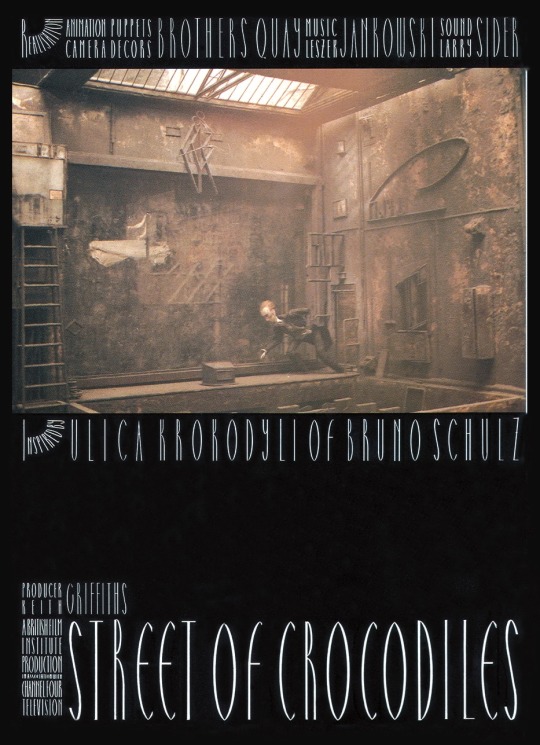
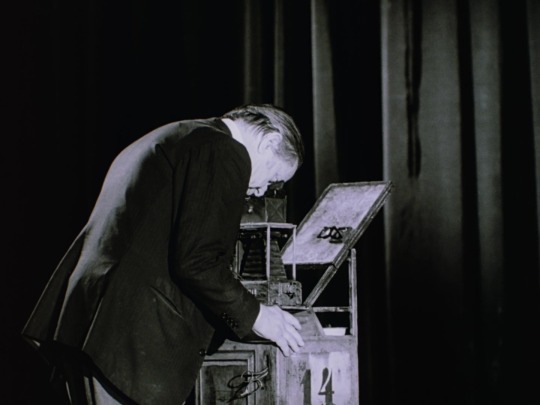


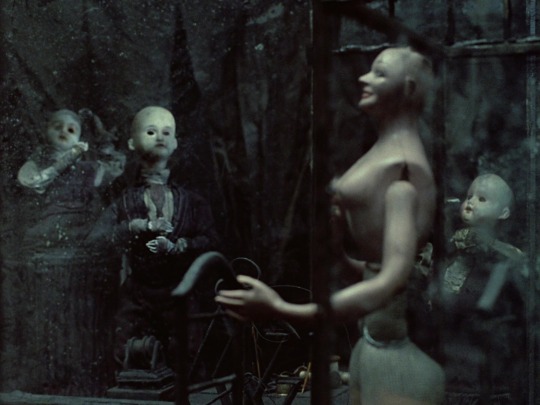


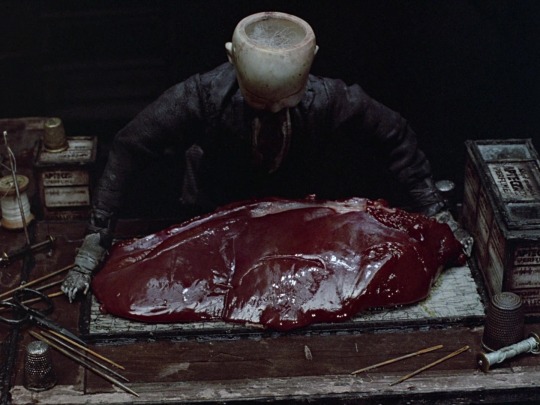



Street of Crocodiles (1986, Stephen Quay, Timothy Quay)
2/6/24
#Street of Crocodiles#Brothers Quay#animation#stop motion#Bruno Schulz#short#Poland#puppets#tailors#surreal#industrial#indie#dolls#experimental#art film
42 notes
·
View notes
Text

Lola and Lulu = The Bruno Schulz drawing of Marlene Dietrich and Louise Brooks, c. 1930 https://www.pandorasbox.com/tributes/bruno-schulz-drawing-of-marlene-dietrich-and-louise-brooks/
6 notes
·
View notes
Text
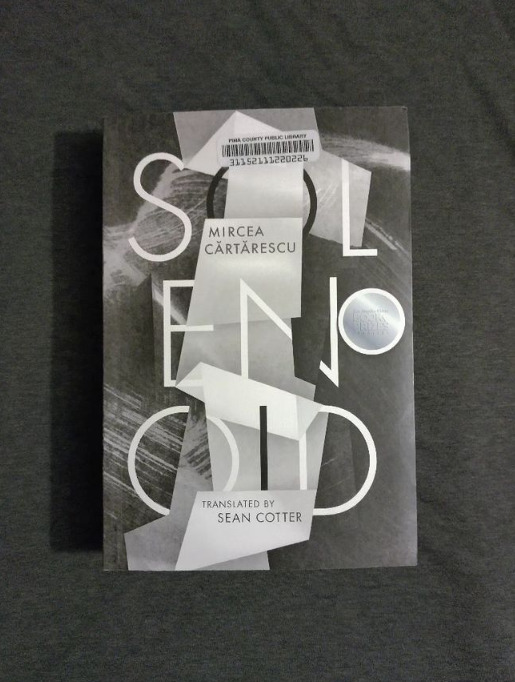
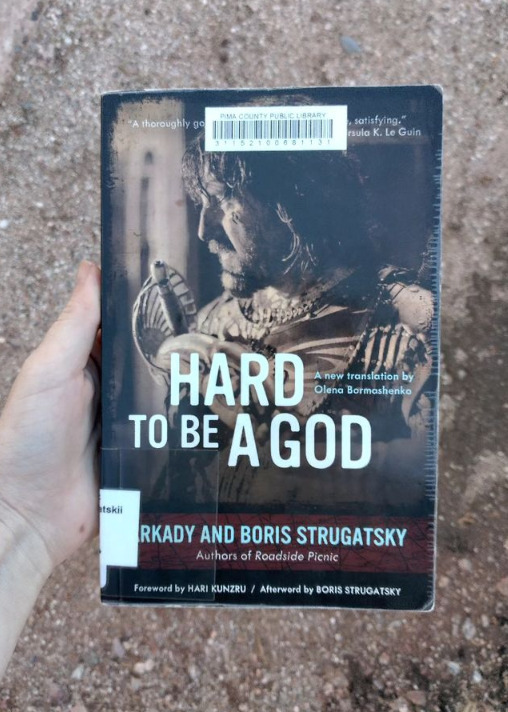
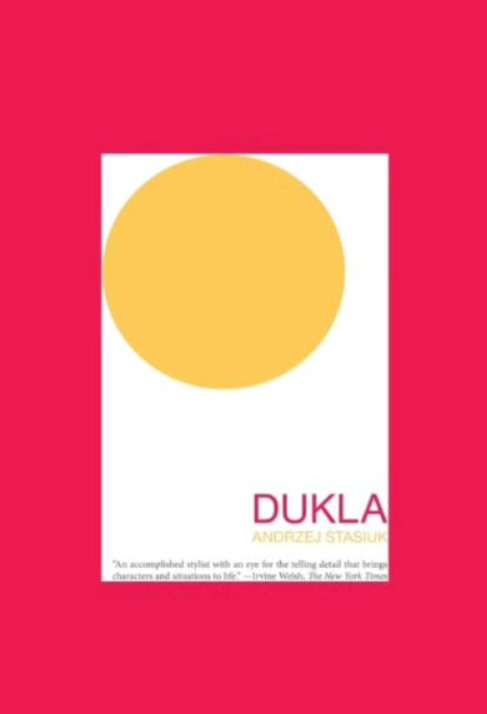
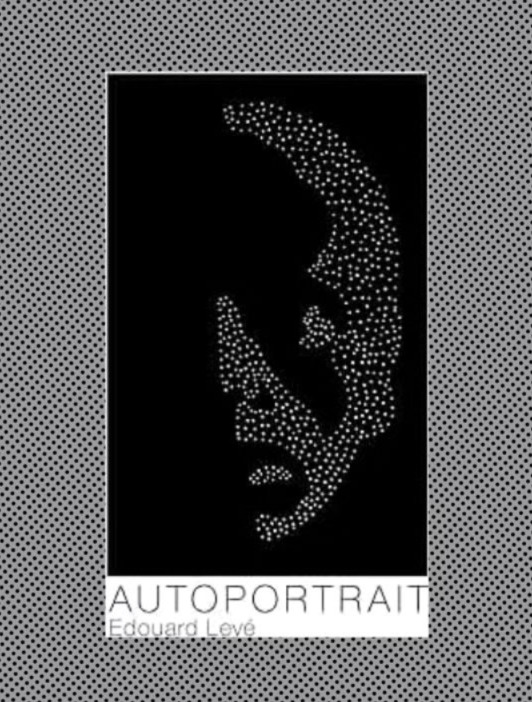

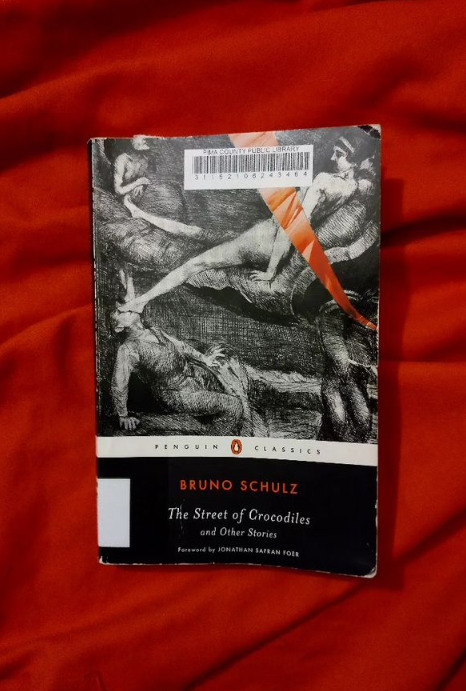
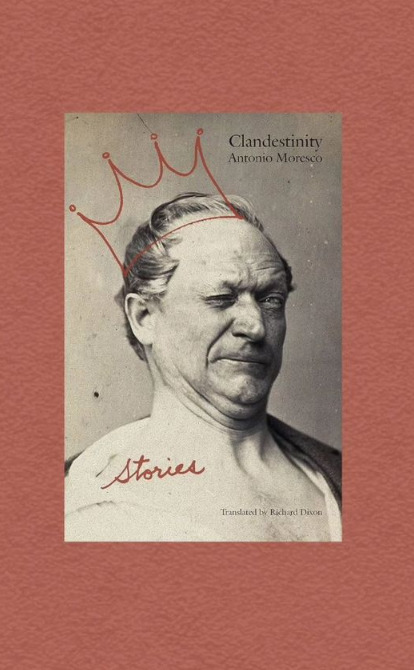
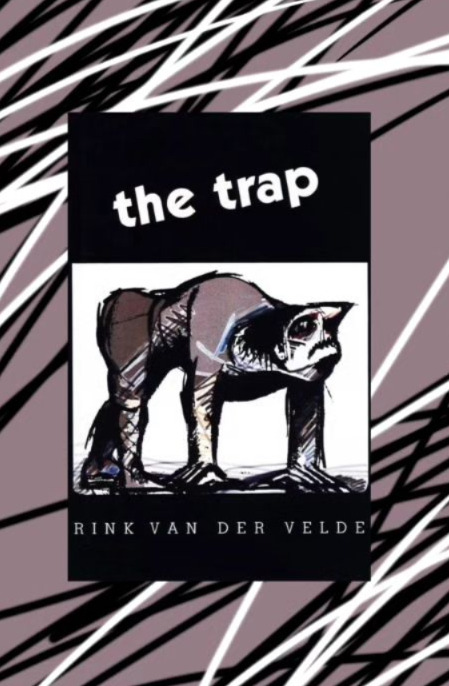


Books 11-20 of the year 📖
#read in 2024#ivan turgenev#mircea cartarescu#arkady strugatsky#boris strugatsky#laurent binet#bruno schulz#rink van der velde#edouard leve#antonio moresco#andrzej stasiuk#roque larraquy#talks
14 notes
·
View notes